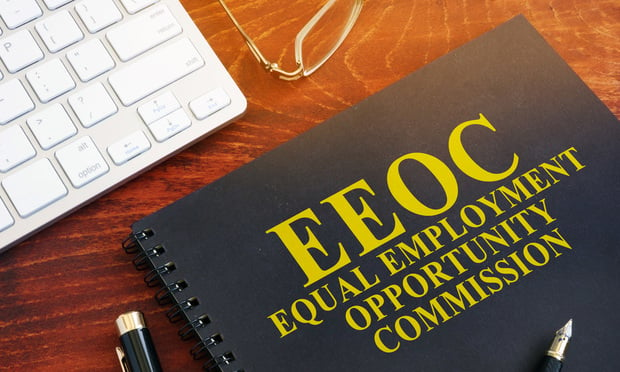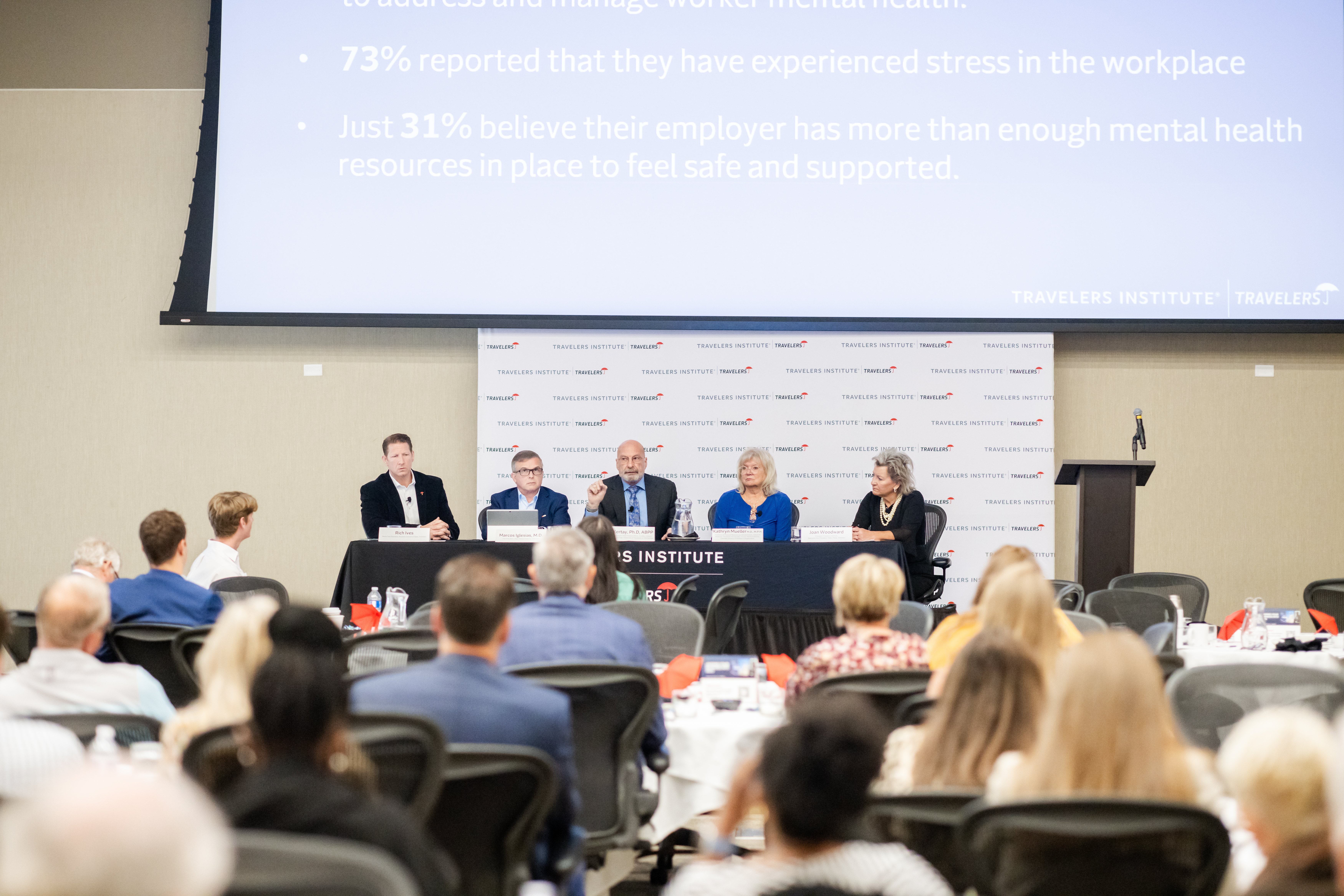 Offering an opinion does not elevate a relationship to the "fiduciary" level. If it did, cable TV would never be able to supply us with that endless stream of talking heads. (Photo: Shutterstock)
Offering an opinion does not elevate a relationship to the "fiduciary" level. If it did, cable TV would never be able to supply us with that endless stream of talking heads. (Photo: Shutterstock)
With all the excitement and debate over the role of regulators in determining the true nature of a fiduciary standard, it may be that the definition already exists right in front of the industry's nose (see "It's Not the Professional Title, But This Written Document That Creates a Fiduciary Relationship," FiduciaryNews.com, May 8, 2018).
This may be good news for those who are afraid they may accidentally don the cloak of fiduciary.
Recommended For You
A fiduciary relationship does not appear spontaneously. For example, the proverbial man on the street cannot randomly approach you, tell you to do something, and then be held to a fiduciary standard. The reason for this is both instructive and may reveal the best way for all opposing sides in the fiduciary debate to declare a truce.
As any veteran in the investment industry can explain, Registered Investment Advisers are held to a fiduciary standard while licensed brokers are not.
This is not an example of an "unlevel playing field," inherent unfairness of different regulatory regimes, or a loophole maliciously exploited. Rather, it represents the different nature and purpose of the role each professional plays. The Registered Investment Adviser owes his or her allegiance to the client. The broker, on the other hand, owes a greater allegiance to the capital markets.
In other words, the Registered Investment Adviser agrees to safeguard the best interest of individual clients. The broker takes an oath to safeguard the best interest of the collective engines that drive our economy.
Both roles play an essential role in any capitalist system. Both must be protected. And both remain at cross purposes to each other. We cannot force a broker into a fiduciary standard any more than we can force a square peg into a round hole.
A broker, then, is like that man on the street who offers suggestions. He cannot enter into a transaction on your behalf unless you make a conscious effort to place an order with him. To say a fiduciary relationship exists out of thin air represents a moral ideal, not a formal regulation.
Yes, we would like all people to always be kind and considerate. We'd like them to always be looking out for the best interests of their fellow man. And yet, human nature being what it is, this rarely happens. Something to do with free will or some such thing…
What is it that creates a fiduciary yoke between two people? It is a legal document we call a Limited Power of Attorney. Once both parties sign this document, one (the "Agent") becomes a fiduciary to the other (the "Principal"). This isn't simply the Agent "doing the right thing." This is the Agent formally agreeing to subordinate his interests to the interests of the Principal.
We (as in, generally, state law), officially recognizes this demotion of the Agent's interests through the prohibition of self-dealing transactions (which we addressed last week). In doing so, these laws also recognize the danger of leaving human nature to fend for itself. They make it easy for the Agent to understand the bounds of fiduciary duty.
Many may wish to continue to debate the merits of harmonization, whether the fiduciary rule falls under the jurisdiction of the DOL or the SEC (or both), and even whether we need a fiduciary rule at all. It occurs to me this may be missing the entire point. We already have a fiduciary standard.
It exists in the centuries of case law that dictates how Agents must operate under a Limited Power of Attorney. Playing the role of broker, which we can narrowly define as taking and executing – but not unilaterally initiating – orders, does not require a Limited Power of Attorney.
Providing discretionary investment management, where the Agent (i.e., the RIA) unilaterally decides what, when, and why to buy and sell securities, first requires the execution of a Limited Power of Attorney.
And that's the only fiduciary rule we need and one we can all live with.
© 2025 ALM Global, LLC, All Rights Reserved. Request academic re-use from www.copyright.com. All other uses, submit a request to [email protected]. For more information visit Asset & Logo Licensing.







